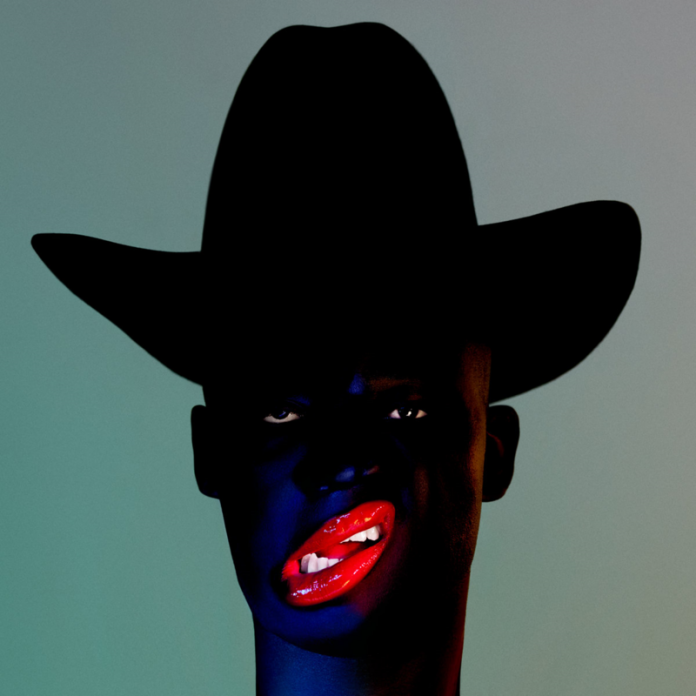I would like to think that as a music-listening public we’ve grown out of the habit of drawing hard genre lines when it comes to new acts, but I know that we haven’t. Kendrick Lamar is still a rapper, the music that FKA Twigs makes is still referred to as R&B.
I get it. We need these labels to understand the genre-specific context of whatever we’re listening to. It serves a purpose, and consequently we’ve grown accustomed to dismissing individual works as symptomatic of genres before we even consider them. “Oh, rap (or pop or country or rock or folk)? I don’t like that.”
Let me ask you to suspend this impulsion to label things for just one second, and consider Young Fathers’ latest record.
Young Fathers are a London-based trio that have been at it since 2008. And while they’ve always been kind of experimental, they’ve focused on putting together some really engaging pop songs over the last 10 years. 2014’s “Soon Come Soon,” for example, edges right up to the threshold of what can be considered a conventional pop song, while 2015’s “Get Started” is one of most immediately earnest R&B songs (in the traditional sense of the genre) to come out in years.
On Cocoa Sugar, the trio moves forward in just about all areas. The record gives us a new step in Young Fathers’ evolution; it’s not quite rap or pop or R&B, but at the same time, it’s all three. Although it can at times disguise itself as a top-40 song waiting to be sampled and repeated (pick any three-second snippet of “Border Girl”), there’s a revolutionary brightness that shines through the bleak openings of tracks that are clearly fueled by strife. That said, there are more conventional rap tracks on the record (or at least songs that approximate rap conventionality), such as the bass-driven “Wow,” which screams for a rapper to jump in on its first half, and pole-vaults expectations by shifting into a Tricky or Massive Attack-esque sample-loop halfway through.
For the most part, though, Young Fathers succeed in taking a set genre and subverting it to the point that it becomes distinctly theirs. I was never part of the first wave of Kanye listeners that had to deal with the fact that the man seemed bent on making [insert genre here]-themed rap records, but I can imagine that this is how they must have felt.
That said, the comparison isn’t the most cogent, since while Kanye skipped to and fro between genres, he didn’t necessarily pour them all into a bowl and swim in them. That’s what Young Fathers are doing on Cocoa Sugar. Apart from exploring the emotional ripples that follow trauma, the band have made child’s play of pulling from whatever genres they seem to damn well please.
It’s as if the music on Cocoa Sugar was made by a trio of young men brimming with passion, who have had the concept of music described to them, but up until they began recording, never made music before. The resulting project pulls from just about every genre staple, while retaining its own shining individuality in the face of a public that seems to demand with more fervency every day that artists produce either “rap” or “pop” or “R&B” or “rock.”
They might be an island unto themselves, but I hope Young Fathers’ emergence marks the beginning of an era in music production that’s less marked by whether artists try to take on a genre, and is instead defined by a group of talented and passionate people going “Here’s what I made. I don’t know what it’s called, but my heart is in it.”


